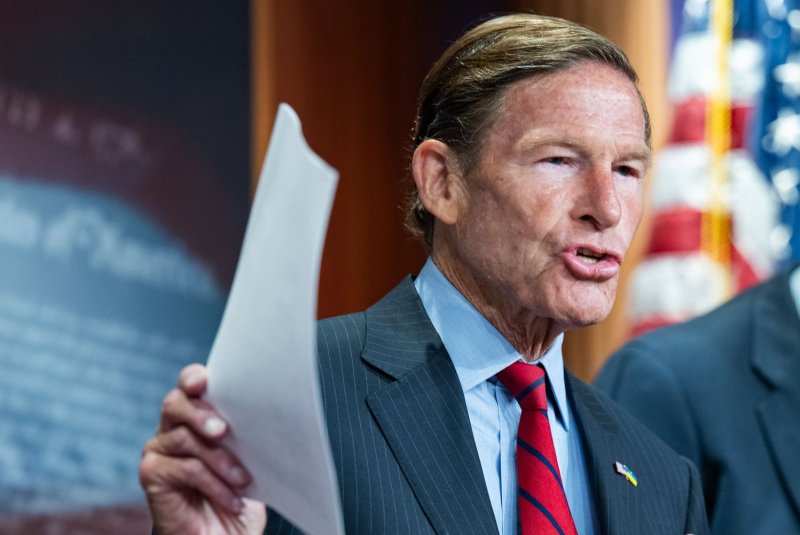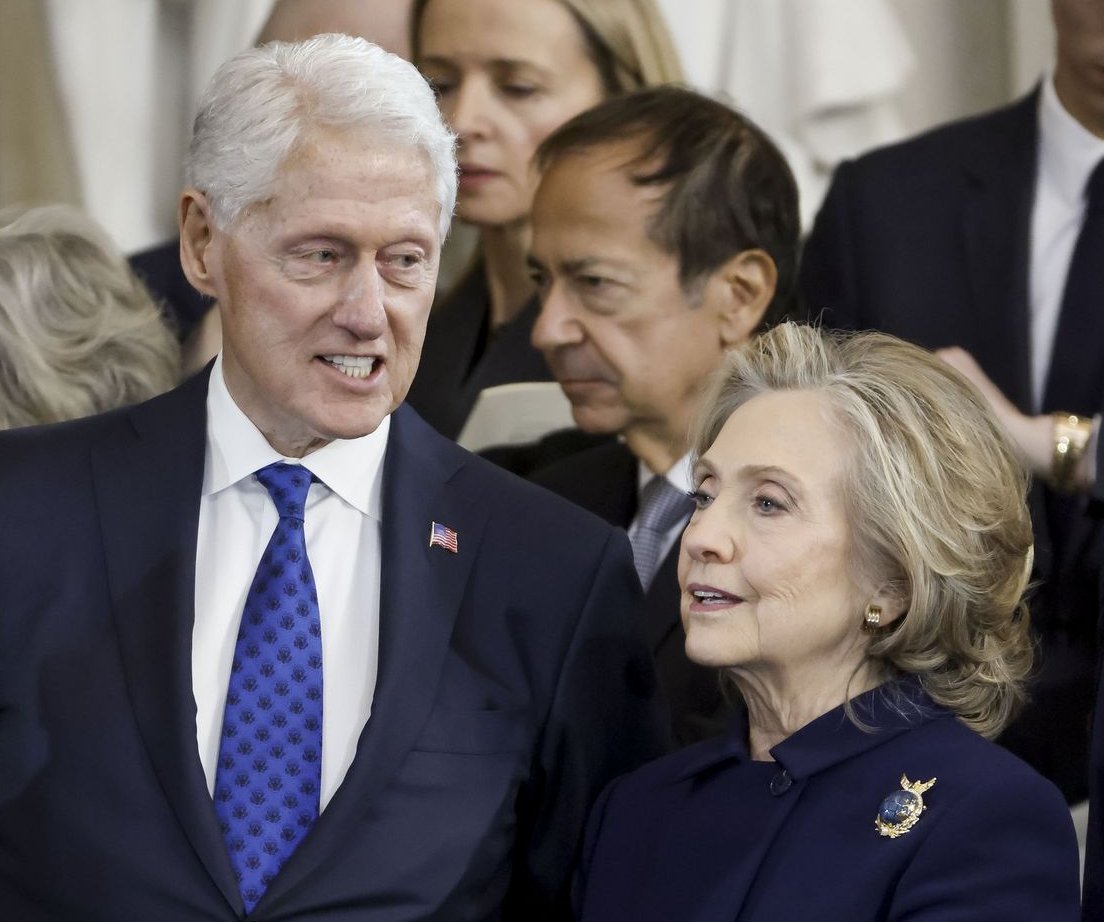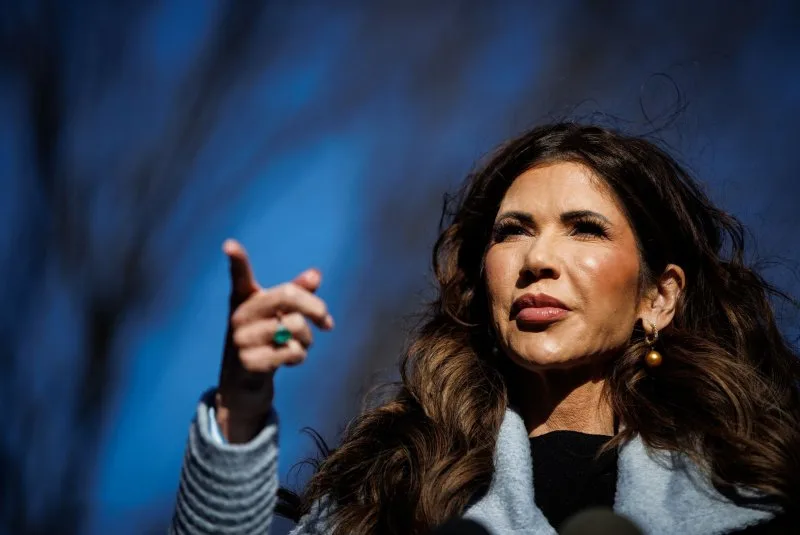When President-elect Lai Ching-te is sworn in on May 20 in Taiwan, a democratically governed island of 23 million people, his first term may be more difficult than that of any leader elected since 1996.
Analysts said that Lai not only needs to carefully handle relations with China, but also needs to work hard to maintain stable relations with Washington during the U.S. election year.
China has increased the scale and frequency of military activities and coast guard patrols near Taiwan since the January election of Lai Ching-te, whom Beijing calls a Taiwanese independence separatist. Beijing also opened new civil air routes in April near Taiwan’s outlying islands of Kinmen and Matsu, which some analysts viewed as an attempt to redefine the long-term status quo in the Taiwan Strait.
These efforts are widely seen as part of China’s pressure on Taiwan. However, Amanda Hsiao, senior China analyst at the International Crisis Group, said Beijing’s recent actions are different from the large-scale military exercises held by the Chinese military near the island of Taiwan in 2022 and 2023. It’s “much quieter” down there.
She said China was trying to “present an image of seeking peaceful reunification and not wanting to be seen as a provocateur.”
China considers Taiwan part of its territory and has repeatedly vowed to unify the island, using force if necessary.
U.S. military and intelligence officials have publicly stated that Chinese leader Xi Jinping has given the Chinese military until 2027, the 100th anniversary of the founding of the People’s Liberation Army, to have plans in place to invade Taiwan, which coincides with Lai Ching-te’s term as president.
Some Taiwanese experts said that although Lai’s government should be aware of the importance of 2027, they should not arrange Taiwan’s defense preparations around this time period.
Li Da-Jung, director of the Institute of International Affairs and Strategic Studies at Tamkang University in Taiwan, said: “2027 should not be regarded as the inevitable year for China to invade Taiwan, because Beijing’s plans involve many factors, including cross-strait relations. “
He believes that the Lai Ching-te government should prioritize strengthening Taiwan’s self-defense and deterring China’s ability to attack the island.
Promoting exchanges
China has cut off all official exchanges and stepped up pressure on Taiwan since the Democratic Progressive Party, which supports Taiwan’s sovereignty, came to power in 2016. Beijing has also said it is willing to increase exchanges with Taipei by lifting some travel restrictions and hosting multiple delegations from the pro-China opposition Kuomintang party.
Xiao Yanran said that increasing exchanges with pro-China forces in Taiwan “will become a major focus for China in the near future.”
Lai Ching-te said that he is committed to maintaining peace and stability across the Taiwan Strait and is willing to engage with Beijing on the basis of dignity and equality.
“We do not rule out dialogue with China on the basis of mutual respect, mutual benefit, dignity and without preconditions,” he said in a pre-recorded speech this week at the 2024 Copenhagen Democracy Summit.
China offered to reopen cross-strait relations Exchanges, especially the resumption of group tourism between mainland China and Taiwan, represent both opportunities and challenges for Taiwan’s new government.
“The Lai Ching-tak government can view the return of group tourism as an early success of its term, which will be an effective way to show international partners that they are handling relations with Beijing responsibly,” Xiao Yanran said.
However, she added, Lai’s government should also be mindful of the potential costs of accepting Beijing’s proposals.
Xiao Yanran told Voice of America (VOA): “The return of group tourism may create some dependence on China, which can be exploited the next time Beijing is dissatisfied with the relationship.”
Currently, she believes the Chinese government will try to “Pressure” the United States and Taiwan’s opposition parties to make Taiwan’s new government “take a more moderate path.”
Lai’s inaugural speech will become a “key indicator” of his government’s China policy. “How he talks about and defines cross-strait relations will be of great significance,” Xiao Yanran told VOA. Washington announced this week that it would send an unofficial delegation – including two former senior US officials and an academic – to the inauguration.
Continuity in U.S.-Taiwan relations
While tensions between China and Taiwan are likely to remain high, some experts say relations between the U.S. and Taiwan will remain largely unchanged under Taiwan’s new government because of bilateral ties A new level of stability was reached during Tsai Ing-wen’s term.
“Many of our expectations for U.S.-Taiwan relations, whether it’s a major bilateral trade agreement or stronger defensive arms sales, rely on the foundation laid by Tsai Ing-wen and previous Taiwanese governments,” said Nan Le, a political scientist at Taiwan’s National Chengchi University (Lev Nachman) said.
However, while Taiwan’s new government’s policy direction toward the United States is predictable, Nan Le said that the U.S. presidential election in November – which is likely to be between current President Joe Biden and former President Donald Trump (Donald Trump) could add uncertainty to the relationship between Taipei and Washington.
He told VOA in a video interview: “What Biden represents is a degree of predictability and certainty, which is important in this part of the world because both sides of the Taiwan Strait are operating without fully knowing what the other side will do. “
But Nanle said that if Trump wins the November election, Taiwan’s new government should be prepared to face some uncertainty. He added that Trump’s election as president “will bring uncertainty, imperfect information and a non-pragmatic attitude from the United States, which will be the biggest challenge facing Taiwan and the entire (Indo-Pacific) region.”
Tamkang University’s Lee Da-jung said Lai’s government should start contacting Trump’s advisers as soon as possible.
“Taiwan’s incoming government should maintain close communication with Trump’s advisers and emphasize the importance of Taiwan in bilateral conversations,” he told VOA.
Taiwan’s efforts to diversify foreign relations
despite ties with China and the United States Dominate Taiwan’s foreign policy agenda, but Taiwan has increased diplomatic engagement with European countries during Tsai Ing-wen’s second term.
“(The past four years) the EU and Taiwan have been thinking about how to strengthen cooperation in certain areas, taking into account potential limitations,” Zsuzsa Anna Ferenczy, an expert on EU-Taiwan relations at Taiwan’s National Dong Hwa University, told in a video interview Voice of America.
Since 2020, Taiwan has deepened economic exchanges with some Central and Eastern European countries. In 2021, Taiwan opened a trade office in Lithuania under the name “Taiwan” – rather than the island’s official name of “Republic of China” or the commonly used “Taipei”. Since then, it has signed a number of bilateral technical cooperation agreements with Lithuania, the Czech Republic and other countries.
In addition, Taiwan has hosted high-level parliamentary delegations from Lithuania and the Czech Republic on several occasions in recent years. Both Feng Rusha and Nan Le said that while these visits have helped to increase mutual understanding and common interests between Taiwan and some European countries, the new government led by Lai Ching-te should focus on adding substance to these newly enhanced relationships.
Nan Le told VOA that Lai’s government “needs to approach these new allies with a pragmatic approach and seek important alliances or (increased) exchanges on trade.”
Incoming Taiwan President Lai Ching-te faces difficult balancing act




